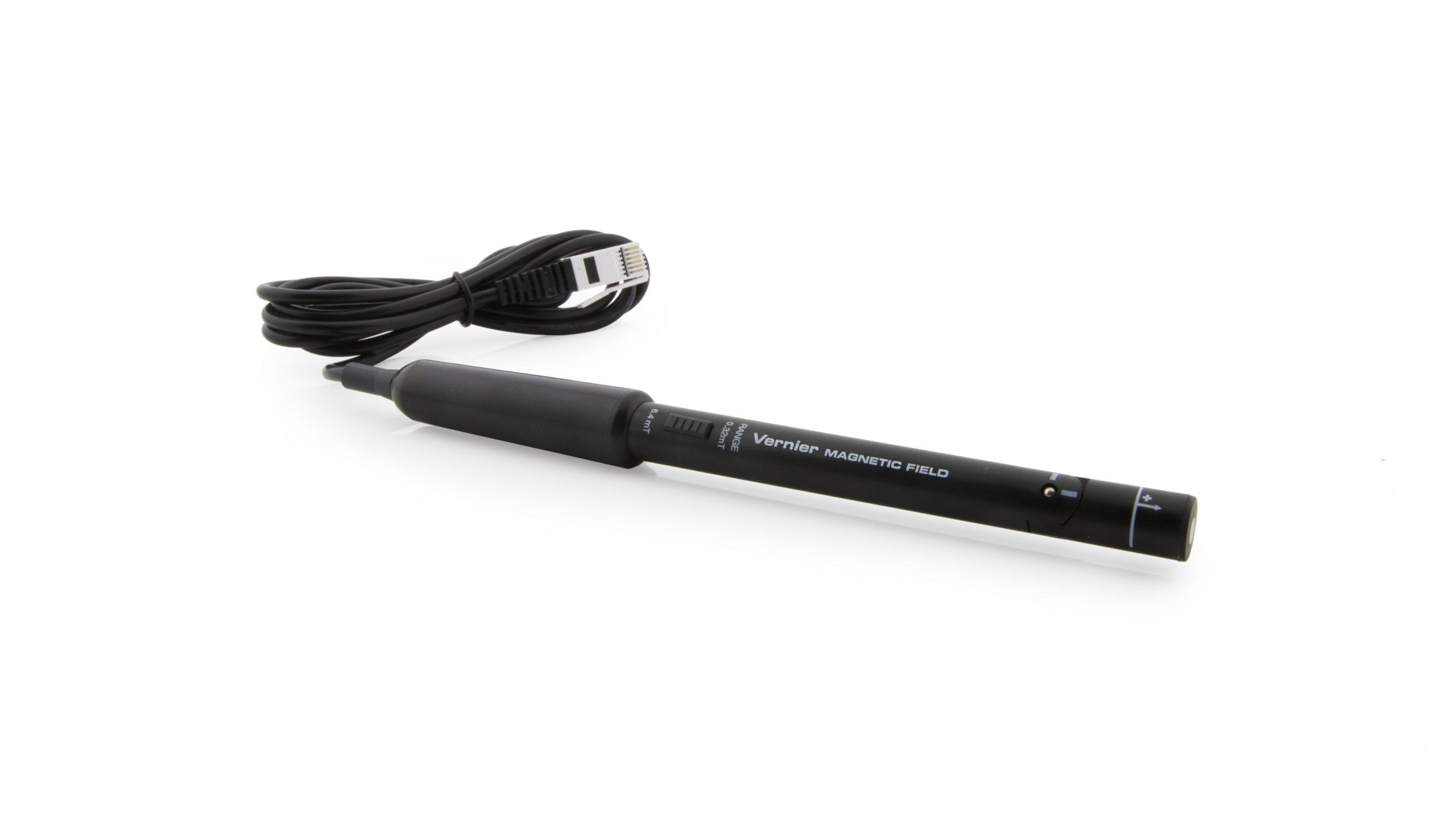Introduction
The shell game is a contest in which a person hides a small object (usually a pea) underneath one of three cups and then rapidly shuffles them about on a flat surface. The spectators must pay close attention during the shuffling process in order to try and guess the final location of the hidden object. It is typically a sleight-of-hand swindling game. The shell game dates back to ancient Greece and was originally called “thimble-rig” because it was played using sewing thimbles.
Objectives
In this project, your challenge is to design and build a robot that can play the shell game with you. The robot will act as the spectator, and you will hide a magnet under one of three cups. The three cups will be lined up in a row with a few inches between each cup. The robot will use a Vernier Magnetic Field Sensor to determine the location of the hidden magnet—the highest sensor reading will correspond to the location of the hidden magnet. The robot should evaluate each cup, make its determination, and give some type of feedback to the operator to let them know which cup it has chosen.
Sensors and Equipment
This experiment features the following sensors and equipment. Additional equipment may be required.
Ready to Experiment?
Ask an Expert
Get answers to your questions about how to teach this experiment with our support team.
- Call toll-free: 888-837-6437
- Chat with Us
- Email support@vernier.com

